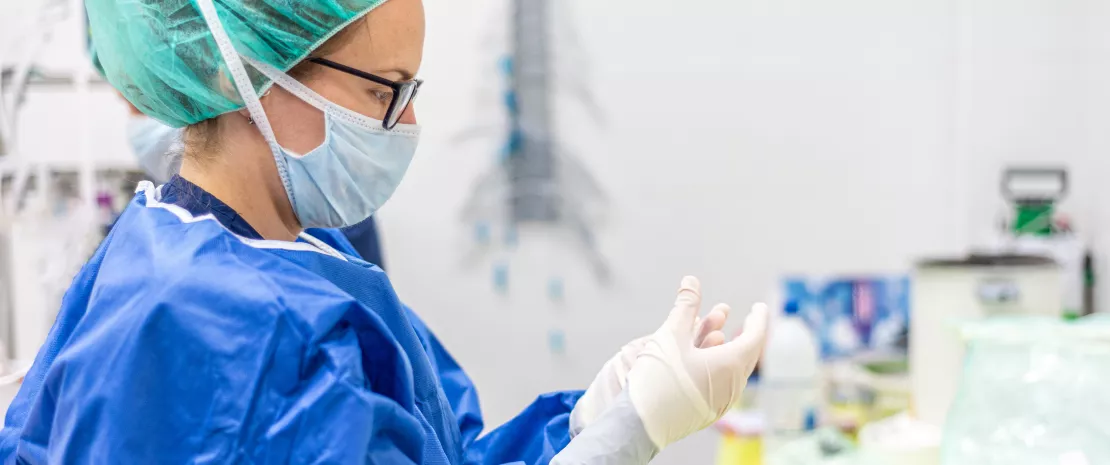Effect of gut microbiota on Covid vaccination, and vice-versa
A bi-directional interaction between gut microbiota and vaccination had previously been suspected. This has now been confirmed by two studies which characterized the bacteria linked to the durability of immunity and the effects on the microbiota of two vaccine technologies (mRNA and inactivated virus).
Lay public section
Find here your dedicated section
Sources
This article is based on scientific information

About this article
Immune responses to the Covid-19 vaccine depend on multiple factors, among them gut microbiota composition. At the same time, vaccination may in turn modulate gut flora. To better understand this bi-directional interaction, a prospective longitudinal study was carried out in Hong Kong. Blood and stool samples were collected (at baseline and then at one and six months post-vaccination) from subjects vaccinated with either (sidenote: BNT162b2 Covid-19 vaccine comprising lipid nanoparticle-encapsulated mRNA, developed by Pfizer-BioNTech and marketed under the name “Comirnaty” in the EU. ) (121 subjects, mean age 42 years) or (sidenote: CoronaVac Covid-19 vaccine developed by Sinova comprising whole inactivated and adjuvanted (adjuvant: aluminum hydroxide) virus. Approved in many countries in Asia and South America. In Europe, it has been approved in Bosnia, Ukraine, and Turkey. Source: www.mesvaccins.net/ ) (40 subjects, mean age 55 years) who did not contract Covid during the study.
Effect of microbiota on vaccine response
The immunogenicity of BNT162b2 (mRNA vaccine) was stronger and longer lasting than that of CoronaVac, with subjects showing higher antibody levels at six months.
In subjects vaccinated with BNT162b2, a higher content of Bifidobacterium adolescentis, B. bifidum, and Roseburia faecis at the time of vaccination was associated with a better vaccine response. The abundance of three bacterial species (B. adolescentis, Lachnospira pectinoschiza, and Lactococcus lactis) at baseline even predicted vaccine response at six months. Twenty-eight metabolites, including nicotinic acid (Vitamin B) and γ-aminobutyric acid (GABA), were positively or negatively associated with vaccine response.
In those who received CoronaVac (inactivated virus), more antibodies at six months were associated with more short-chain fatty acid-producing bacteria such as Phocaeicola dorei, Blautia massiliensis, and Dorea formicigenerans and a lower abundance of Faecalibacterium prausnitzii at baseline. The abundance of three bacterial species (Clostridium fessum, Actinomyces sp. ICM47, and Enterocloster citroniae) at baseline predicted antibody titles at six months. Forty-two metabolites, including L-tryptophan, were found to be negatively associated with antibody titles at six months. Thus, each vaccine technology is associated with a particular immune response, depending on initial microbiota composition.
Effect of vaccine on microbiota
At the same time, both vaccines altered the gut microbiota: reduced diversity; increased content of Bacteroidota and Pseudomonadota, decreased content of Bacillota and Actinomycetota; depleted histidine biosynthesis pathways, increased methionine and arginine degradation pathways. Alterations to the gut microbiota associated with CoronaVac vaccination more closely resembled those induced by SARS-CoV-2 infection. The technology used in CoronaVac (inactivated whole virus) may explain this difference.
Lastly, the gut microbiota of the BNT162b2 group recovered its diversity more quickly, but a greater proportion (58.0%) of the species modified by vaccination had not returned to initial levels at six months post-vaccination compared with CoronaVac (21.6%).


